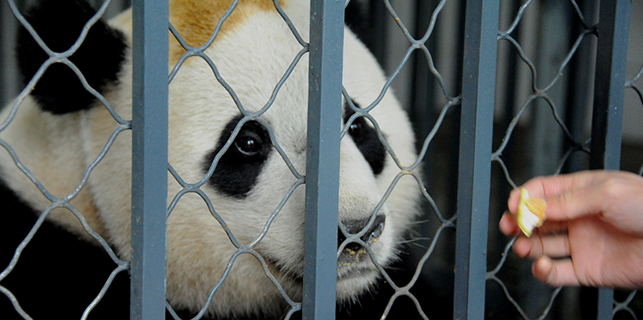Chinese carmaker reviews Mexico plans amid Trump's tax threats
China's biggest sport-utility vehicle maker is reconsidering its plan to build a plant in Mexico that would have made its bestselling cars for the US market, joining a growing list of global carmakers reviewing investment plans after tax threats by US President Donald Trump.
Great Wall Motor Co might choose the US instead for its first North American plant, general manager Wang Fengying said in an interview in Beijing.
``Your decisions should always adapt to the dynamic changes," said Wang. There used to be many carmakers building plants in Mexico, but Trump had affected their decision-making, he said.
The company has a research center in Los Angeles and would accelerate preparations to develop US-certified versions of its Haval SUVs for sale by 2020, Wang said.
The company was exploring opportunities in developed markets and wanted to make the Haval brand global by 2020, he said. More than four of every five vehicles Great Wall sells is an SUV.
Trump has promised to renegotiate the North American Free Trade Agreement and criticized carmakers including General Motors and Toyota Motor Corp for shifting production south of the border. Under threats of punitive import duties, Ford Motor and Japanese car-parts maker Nisshinbo Holdings said they would scrap or reconsider new plants in Mexico.
Great Wall is one of several Chinese carmakers hoping to break into the US with its own brands. Guangzhou Automobile Group plans to start exporting its Trumpchi models to the US next year, while Warren Buffett-backed BYD and Volvo Cars owner Zhejiang Geely Holding Group have also declared American ambitions.
"Building in the US is a hedge against a potential future trade barrier with Mexico," said Bill Russo, managing director of Gao Feng Advisory and former head of Fiat Chrysler Automobiles' Chrysler unit in China. "It would add cost to producing the vehicles but it reduces the potential tax risk."
The proposals by Trump and lawmakers would raise the average cost of a car in the US by about $3,300 and could even cost American jobs because carmakers sourced parts from around the world, Munich-based consultant Roland Berger said on Wednesday.
The price increases would lead to about $34.6 billion in higher costs to consumers, assuming US sales at the 17.5-million level recorded last year, the Centre for Automotive Research said in a report on Thursday.
Bloomberg









